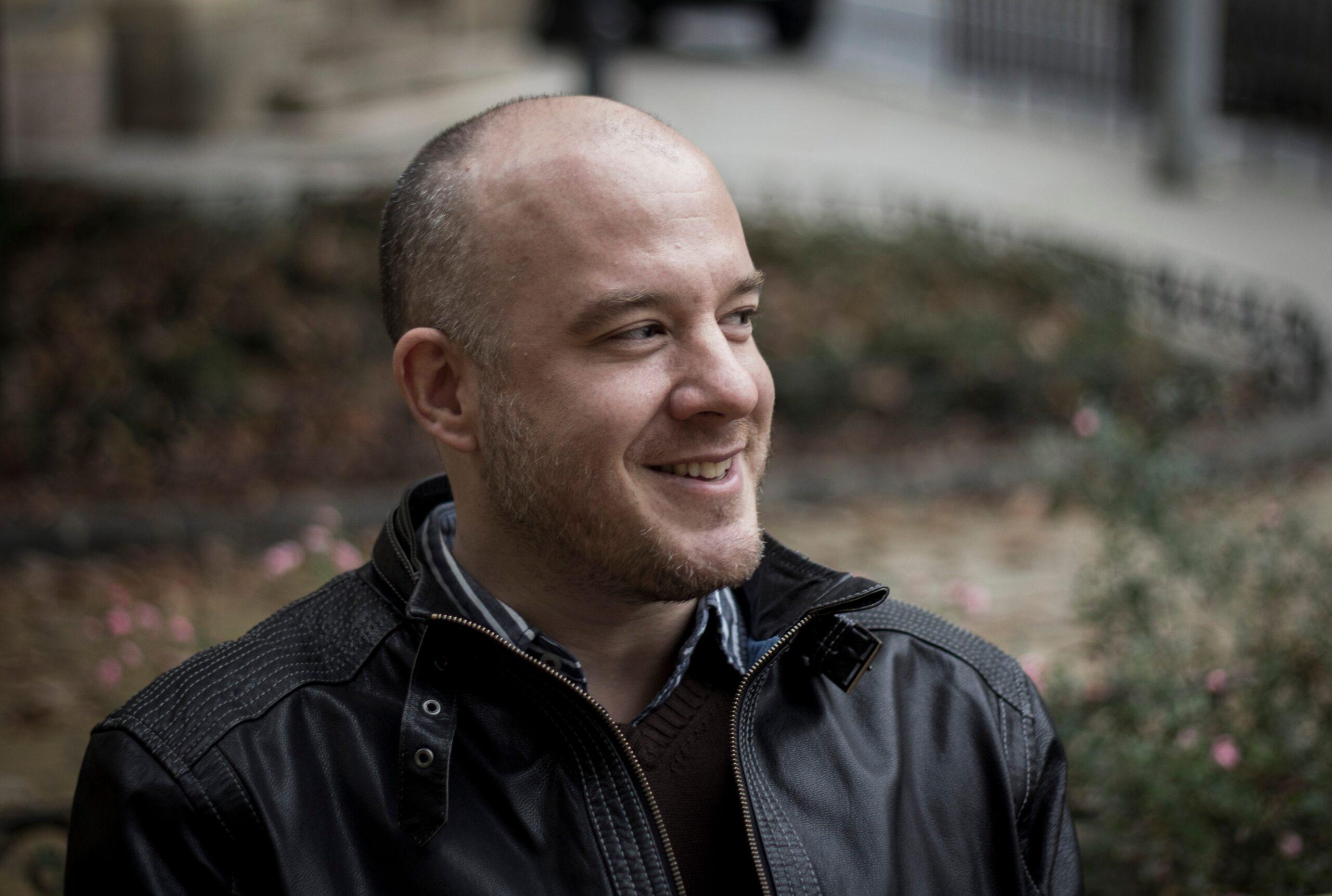What am I working on? Is writing poetry considered work? Last night, after going to bed, I got up twice before falling asleep - got up? - I jumped out of bed to write two lines for a poem. I used to do this as a teenager, in the years when I discovered the poet in myself and wrote a poem or two every day, even in the dark of night, my mind would be racing on poems. Now, there is more inner silence when it comes to words, and more noise when it comes to din. I wrote a poem, and now I'll polish it every morning for a few days. I was also working on other writing tasks. I've conducted a couple of admissions interviews and written the evaluation reviews for them. I'm an Alumni Ambassador of my former alma mater, Dartmouth College; there are two of us in Hungary, and we interview the local applicants. At the start of each year, I interview bright, talented, hard-working, ambitious and open-minded students who are courageously taking on a huge challenge: Dartmouth has an admission rate of 7%, which is even lower for international students. Very few get admitted. Unfortunately, it is not up to me. At the same time, I am a student myself again, and the large project I am working on is my doctoral dissertation. Since I don't like to talk in detail about work in progress, I won't talk about this either. I am sometimes also a bit ashamed to have started so late, my former classmates and friends are already associate professors, some of them full professors at universities all around the world. I myself have been teaching at a film school and a liberal arts college continuously for just over ten years, but, unfortunately, a doctorate is needed for a more secure future. A secure future? I'm writing about queer films, if anything, it's not necessarily a safe bet in Hungary. That's what makes it exciting. Every day, I visit the beautiful contemporary building of the former, now exiled, Central European University and nestle myself behind a computer in the library. I see Renátó Fehér, Móna Dánél and Owen Good, a determined Irish translator of Hungarian literature, on a regular basis, and the Free SzFE has moved into the next wing, so I often run into Gábor Németh, László Upor and Péter Kárpáti, among others, in the café and canteen. Otherwise, this beautiful building is very depressing. CEU used to be bustling with students, the air was buzzing with conversation, now it is a crypt, the crypt of Hungarian democracy, where we are the living ghosts, looking for the corpse that is not there, because we only imagined the whole thing, we invented it - I wrote to Gábor Németh in an email just yesterday. A whole generation was cast out with the CEU, and this building, this morgue, was to have been the home of that generation. It is a shocking void, the absence of young people in a university building.
Gerevich András
1/29 Text


